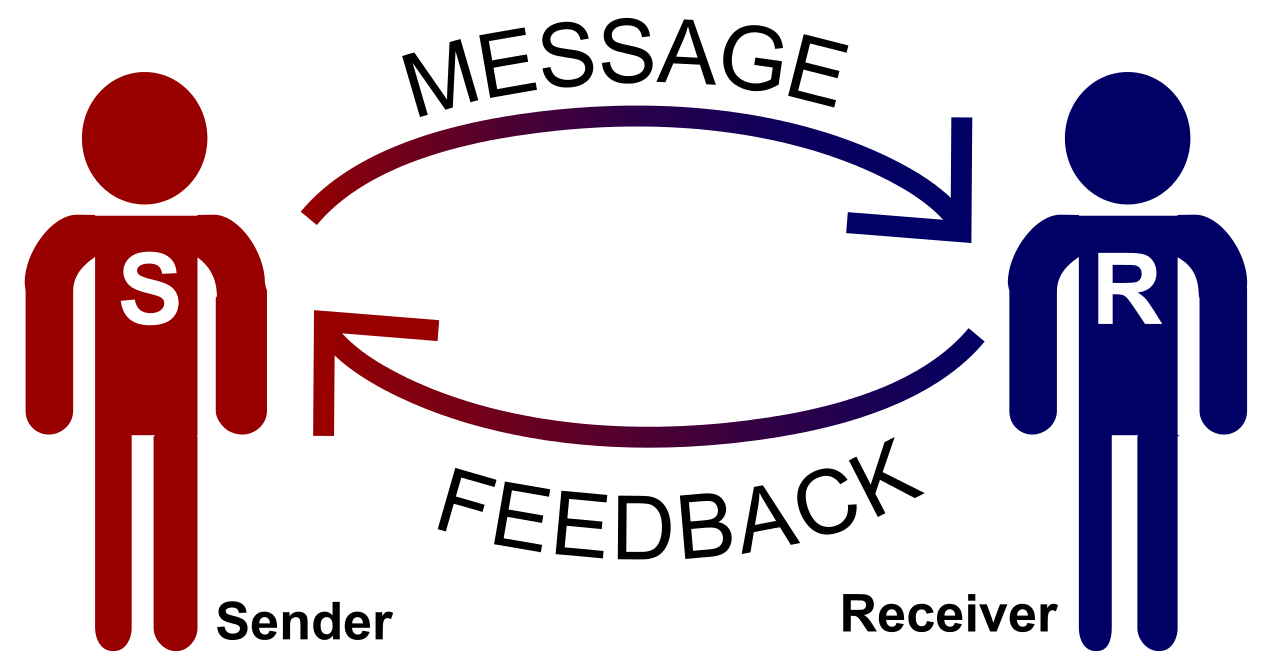Tips From A Psych Nurse
Therapeutic communication is a difficult test area for many student nurses.
Luckily, it’s easier for nurses to “read” a situation in real life than it is to answer these questions on the NCLEX! In person, you have body language and tone of voice to guide you, but on the test, those details are left out to force you to evaluate the language used.
As a psychiatric nurse, I learned a lot about how best to invite a patient to open up and share their thoughts and feelings… and which language choices never work well!
On the NCLEX, you will recognize therapeutic communication questions when you see keywords in the stem like “most therapeutic response” or “to best facilitate communication” or even “demonstrates empathy.” These questions require you to choose the best response, so you should begin by eliminating the obviously non-therapeutic responses first.

There are some general guidelines for recognizing the wrong answers: Look for any answers that could allow the patient to answer with “yes” or “no” or that tell the patient what to do. Other wrong answers might be those that express judgment or give false reassurances.
These are never right:
- Closed-ended questions: “Are you upset?” “Do you need want to talk about it?” “Are you married?” These can be answered with yes or no or one-word answers. This is not the “best” option!
- Authoritarian orders: “Go to your room and stay there.” “You may not use the telephone.” Although there is a time for setting boundaries (with a violent patient, for example), this is almost never the correct answer.
- False reassurances: “Everything will be okay.” “The doctor will take care of everything, don’t worry.” Never promise a good outcome!
- Accusatory or judgmental answers: Never choose an answer that puts a patient on the defensive or sounds accusatory: “Why would you do that?” “You have how many kids?” “How many times have you been arrested?”
What does a correct answer look like?
Correct answer choices help the patient to explore his or her feelings or invite the patient to describe an event or concern in a way that validates the patient’s experience.
The correct answer will likely employ one of the following techniques:
- Active listening: This involves listening intently to a patient’s concerns or feelings and asking relevant questions. Make eye contact appropriate to the culture and situation and use body language that conveys interest. Avoid looking around the room as if you are distracted.
- Restating or summarizing: Repeating back what the patient tells you is a way of showing that you are listening and can help a patient with disorganized thinking stay on track.
The single biggest problem in communication is the illusion that it has taken place.
~George Bernard Shaw
Note: This does not involve sharing your opinions, but simply reflecting what the patient has said. You can ask them to elaborate, but the nurse should not add anything new or suggest what feelings or thoughts the nurse imagines the patient may have.
- Making observations: This refers to when a nurse may mention his or her perception to the patient.
“I see you are smiling.” “I notice you are clenching your fist. You seem upset.”
This may help a client who is having trouble expressing something verbally. (Notice the objective observations, not opinions.)
Note: Observations can be helpful, but be careful not to suggest you know what the patient feels. The nurse should not say “I can tell that you are afraid.”
- Open-ended questions and invitations to share. These encourage conversation by requiring more than a yes or no answer. The best prompts invite the patient to describe their perceptions. “Tell me more about what you are feeling right now.” “What can you tell me about the situation at home?”
If it comes down to two answer options, choose the option that focuses on the client’s needs and validates his or her experience by inviting the client to share and offers support or information without giving any opinions or personal recommendations.
Keep practicing these questions and you will see that they do get easier!
As always, if you have questions, we are just an email away. Good luck with your studies!
Carolyn Mallon, RN
For more information about Mental Illness Awareness Week (October 1-7) and other topics go to NAMI
Carolyn Mallon is a guest blogger. She is a Registered Nurse and writes at her own blog, The Distracted Mom.
Image Credits: Wikimedia Commons
By U.S. Navy photo by Mass Communication Specialist Petty Officer 3rd Class Maddelin Angebrand [Public domain]
